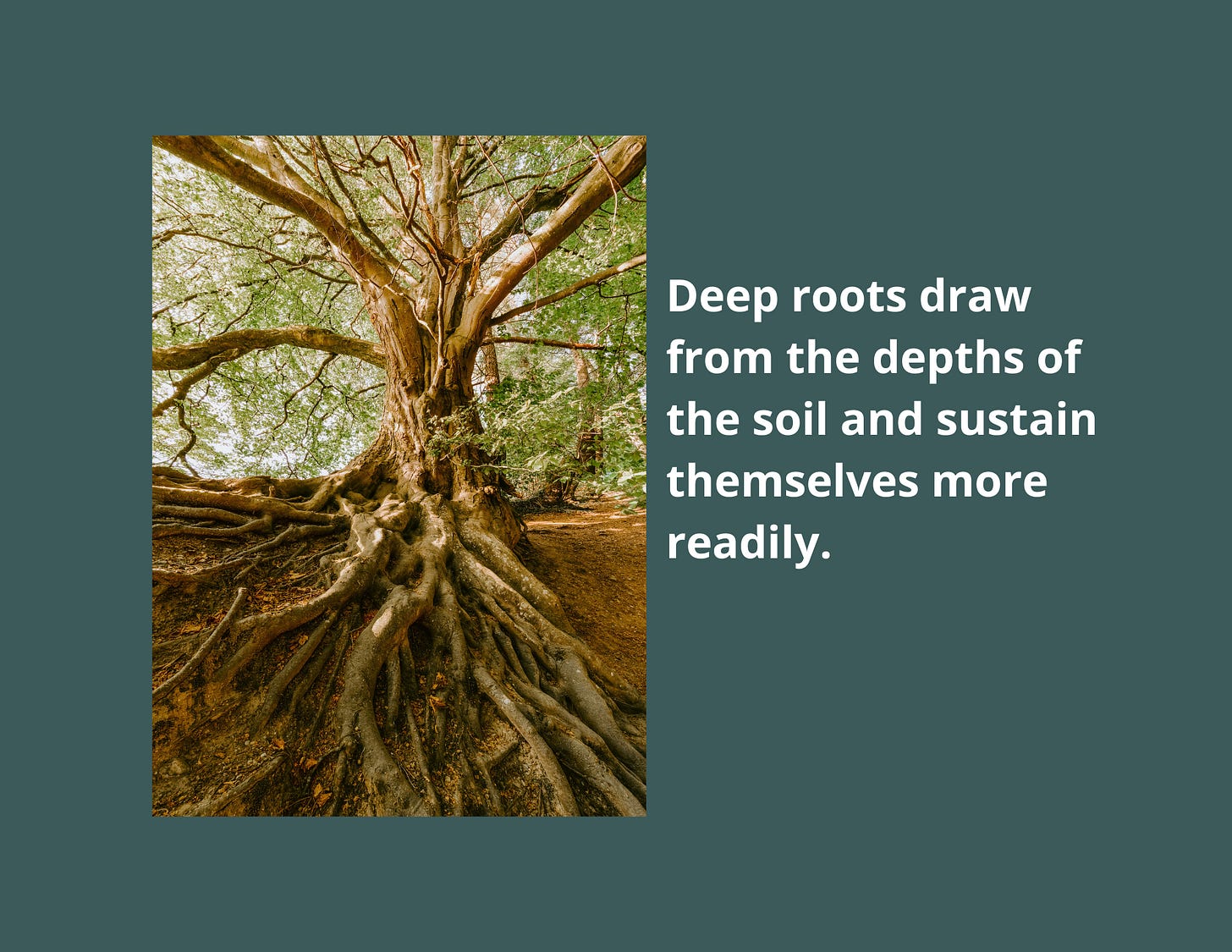Takeaways
Big gifts can solve short-term problems—but they can also get in the way of long-term growth.
Focus on helping your loved ones develop their capacity, not rely on yours.
A Mom’s Surprising Move
In July, this article came through my news feed: Billionaire Melinda Gates Explains Why She Won't Fund Daughter Phoebe Gates' Startup.
According to the article, Melinda Gates announced that she won’t spend any of her $31 billion on her daughter’s start-up venture.
Choosing the Harder Path, On Purpose
My take is that Melinda is more concerned with who her daughter becomes in the long run than easing her daughter’s struggles in the short term. Mom Melinda wants her daughter to become a savvy, seasoned founder with the ability to woo investors and grow a viable business. Letting Phoebe land and negotiate her own deals is an integral part of Melinda’s strategic approach to her adult child’s development.
The youngest daughter Phoebe, the one who isn’t getting cash from either mom or dad, doesn’t want her parents’ money anyway. As someone who grew up with plenty of resources and support, Phoebe may want to avoid accentuating the uneven playing field represented by a rich mom’s investment dollars or the strings attached to dad’s contributions. My take is she wants to look back on this time period as one in which she earned her way to becoming a business empire builder.
Giving May Feel Good, But Does It Help?
I’ll speculate that none of the Gates’ kids will ever be in a position of not having shelter, food, and healthcare. So, it may be hard to relate to Melinda, her ex-husband Bill, and their adult children.
Still, while there may be less zeros in our financial balance sheets, many of us — parents of young adult children — can identify with Melinda’s stance and perhaps her dilemma. She wants to show love to her children but knows that certain kinds of generosity can stunt their maturation.
The Risk of Well-Intentioned Gifts
When I spoke with Carl Richards about generational wealth, he told me that there’s often a huge gap between the intention of a gift and the outcome.
Parents may want to confer their generational advantages to their kids (anyone checked house prices lately?). But these gifts often backfire. For example, a downpayment may allow a kid to afford a house in a nice neighborhood, but ongoing expenses — house upkeep, social demands, HOA fees, etc. — may be out of reach and worsen the adult children’s capacity to save, invest, and enjoy life.
Let Generosity Build Capacity
What I’ve noticed is that large and ill-timed gifts may keep people from recognizing and making hard decisions, which are the seeds for long-term growth. That is, such gifts may prevent children from setting priorities. Not confronting real life can handicap them later. There will always be houses, cars, and experiences they can’t afford at all or without making serious tradeoffs, a learned skill.
Money isn’t always the solution to every problem. Worse, too much money, given too freely, may mask problems and delay dealing with them — thwarting growth.
In the case of Phoebe and her start-up, too much money may prevent her from sharpening her pitch skills and learning to thrive in a cutthroat environment. I love that both mom and daughter seem to recognize why it’s better not to invest parental cash in this deal.
When did holding back cash turn out to be the most supportive thing you could do?



Lots of truth in this one Julie. Thanks! It's timely too - interesting situation brewing in my family-of-origin...
I have found that at times holding back gives others the opportunity to be generous and take part in the feeling of gratitude that they were able. At times, the journey is more important than the destination, and we learn new things about ourselves and each other in the struggle. It also fosters self-reliance, self-sufficiency, and sustainability when we assume leadership roles independently, before we collaborate with others. Nice reminders here!
"My destiny, harrying me with trials hard as yours, led me as well, at last, to anchor in this land. Schooled in suffering, now I learn to comfort those who suffer too. " -Dido
Book 1: Virgil's Aeneid.